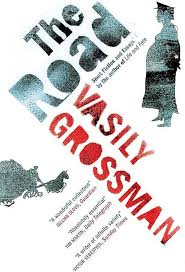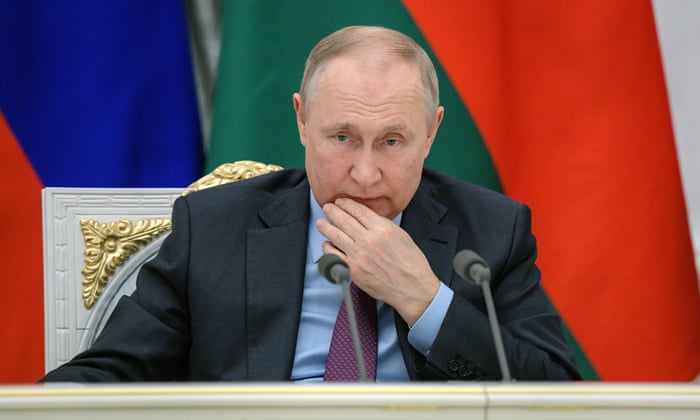
I haven’t read Vasily Grossman’s best-known novel, Life and Fate. It took around twenty years after his death for Soviet authorities to sanction its publication in the 1980s. His stature as one of the Great Russian writers seemed confirmed. But he was born 12th December 1905 in the village of Berdichev to a Jewish family, which is a Ukrainian town. His mother and family and the large Jewish population of over 41 000 of an aggregate population of around 54 000 were murdered by the Nazis outside their town. ‘Shoah with a gun’, Grossman termed it.
Ironically, Grossman would surely have followed the same fate by the Soviet authorities he served. Stalin’s Jewish purge after the so-called doctor’s plot was on its second wave, which would have swept him away if Stalin hadn’t died.
His article, The Hell of Treblinka, he termed ‘Shoah by gas’ was approved by Soviet authorities. He also wrote about the siege at Stalingrad being the turning point of The Great Patriotic War.
His highly acclaimed short fiction, such as In the Town of Berdichev was admired by other Soviet writers such as Isaac Babel. And Babel appears in a later story, Mama. The latter was a kind of warning, not to get too close to those in power who are themselves purged as Babel was by the forerunners to the NKVD.
I was largely unmoved by Grossman’s fiction. I know I was meant to feel some kind of awe. The historical weight also added a kind of taken-for-granted consensus that this was great fiction. I get it that. I’m meant to like stories and plays like Anton Chekov’s The Lady and the Dog and The Cherry Orchard, but really they just bore me like something you had to revise for some exam I’ll never pass. Life is more than that as Grossman understood.
I prefer his essays and reports. The Hell of Treblinka, based on first-hand experience and second-hand reports to him from those that had been in Hell, was ahead of its time. It told how it is and how easily the world slipped into Fascism. For the moron’s moron Trump and his supporters, it sounds a familiar clarion call to hate and despise others based on eugenics and geography.
People became unpeopled. In the conveyor belt of Treblinka, they were robbed of citizenship, their home and their freedom. They were transported to a wilderness. Penned and squeezed into a station and robbed of their belongings, papers and photographs of loved ones. They were stripped naked and shaved. No one was sure what human hair was harvested for, but psychologically, it pushed them into compliance. Lined up in rows of five. Surrounded by barbed wire on ‘The Road of No Return’ with the black uniform of SS guards on one side and grey Wachmanner conscripts on the other. They were beaten with the butts of machine guns and rubber hoses. Alsatian dogs trained to attack the genitals were released. For the guards this was just another day. 20 000 to 60 000 unpeople were piling up and carriages shunted down the tracks were waiting to be brought for processing into the station. Schneller. Schneller.
Grossman suggests that Stalingrad did not change the way—mostly—Jews were murdered, but how they processed the raw material, their bodies. Himmler himself visited Treblinka and had a look at the hundreds of thousands of rotting corpses covered over in pits. He ordered that they should be exhumed and burned. Germany and Germans who had participated in and committed these atrocities were no longer sure they would not be held to account. The un-people might be given a voice. Himmler’s strategy was to burn the evidence.
Some monsters were more monstrous than others. SS Sepp, for example, delighted in murdering small children.
‘Evidently endowed with unusual strength, it would suddenly snatch a child out of the crowd, swing him or her about like a cudgel and then either smash their head against the ground or simply tear them in half.’
Others carried sabres and whips and heavy gas piping. They would fling children still alive to roast on death pits.
‘We hear of women trying to hide little babies in heaps of blankets and trying to shield them with their own bodies.’
Ironically, as an atheist, who disavowed his Jewish heritage, Grossman finds consolation in the image of hope in humanity of The Sistine Madonna. He avows it shows, although tortured and crucified, ‘what is human in him continued to exist’.
I hope it continues to exist in us, but I get less sure. Amen. Read on.
- 😈 “Unleash the Beastie! https://bit.ly/bannkie
- 📚 Share the Magic, Share the Page! 🌟 #BeastieNovel #BookBuzz” 😈
- https://bit.ly/bannkie


